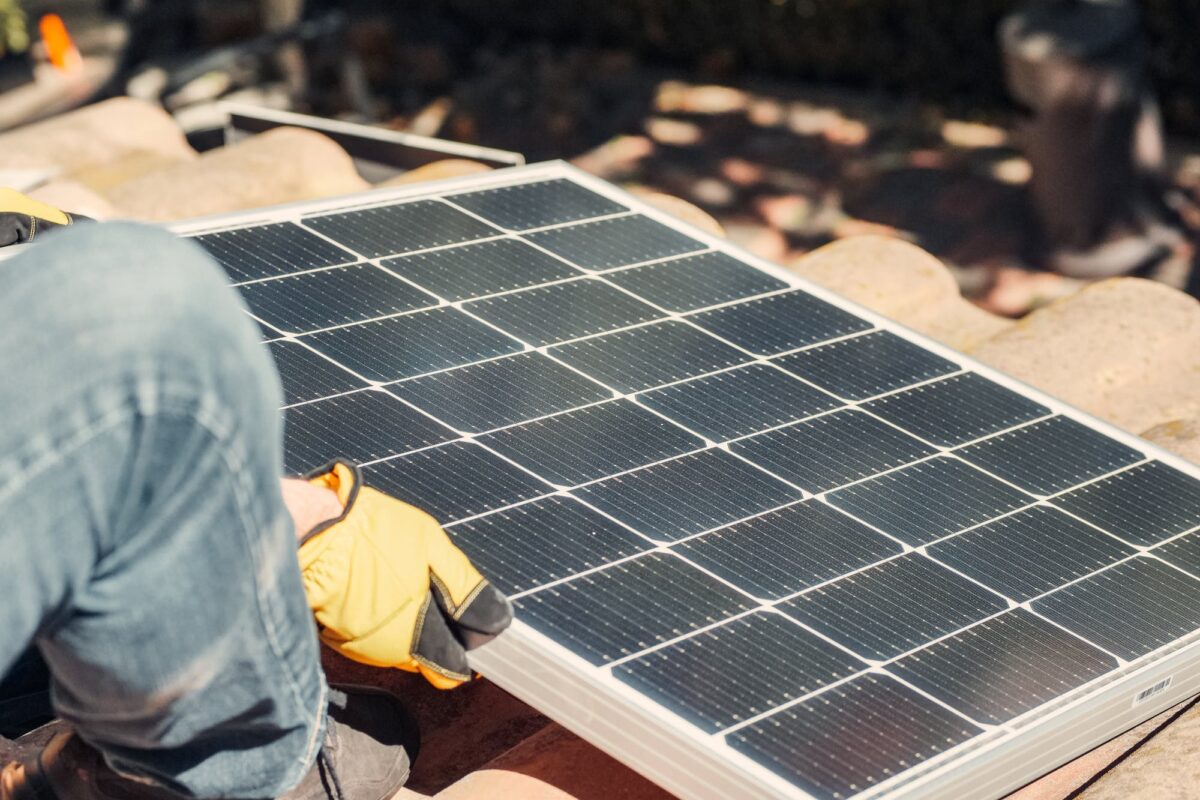The California Energy Commission expects to issue flexible demand appliance standards for electric storage water heaters “hopefully” within months, said Michael Sokol, director of the efficiency division at the California Energy Commission (CEC), on a webinar hosted by the Clean Energy States Alliance.
The CEC issued a flexible demand appliance standard for pool controls last October. CEC Commissioner Andrew McAllister said at the time that a standard for electric storage water heaters would be next, noting that ten of the largest heat pump manufacturers had committed to help California reach its goal of 6 million heat pumps for water or space heating by 2030.
Flexible demand appliance standards in California will work in tandem with flexible rates for electricity, enabling appliances to operate when rates are lower, for example when renewable generation is high.
EV chargers, batteries, and more
The CEC has set a tentative sequence for developing flexible demand appliance standards for five more types of appliances, based on “our early analysis” and preliminary stakeholder planning discussions, Sokol said.
The third standard, after pool controls and electric storage water heaters, is expected to cover electric vehicle supply equipment, such as EV chargers. Next would be standards for battery energy storage systems.
The next three standards to be developed would have “end-user time impacts,” Sokol said, namely low-voltage thermostats, electric clothes dryers and dishwashers.
McAllister said last year that California aims to reach 7 GW of load flexibility by combining 3 GW of price-responsive demand from appliances with 4 GW of traditional demand response, in which some customers “drop load” during the 100 highest-demand hours of the year.
A Californian who owns a pool and operated a flexible demand pool control unit on its default schedule would save about $100 per year, Sokol said. Customers will have the ability to override the default schedule and operate a pool control unit at times of their choosing.
CalFlexHub
Much of the research underlying the new standards is conducted by the California Load Flexibility Research and Deployment Hub (CalFlexHub) at Lawrence Berkeley National Laboratory.
CalFlexHub will hold an all-day symposium on September 24.
This content is protected by copyright and may not be reused. If you want to cooperate with us and would like to reuse some of our content, please contact: editors@pv-magazine.com.








By submitting this form you agree to pv magazine using your data for the purposes of publishing your comment.
Your personal data will only be disclosed or otherwise transmitted to third parties for the purposes of spam filtering or if this is necessary for technical maintenance of the website. Any other transfer to third parties will not take place unless this is justified on the basis of applicable data protection regulations or if pv magazine is legally obliged to do so.
You may revoke this consent at any time with effect for the future, in which case your personal data will be deleted immediately. Otherwise, your data will be deleted if pv magazine has processed your request or the purpose of data storage is fulfilled.
Further information on data privacy can be found in our Data Protection Policy.